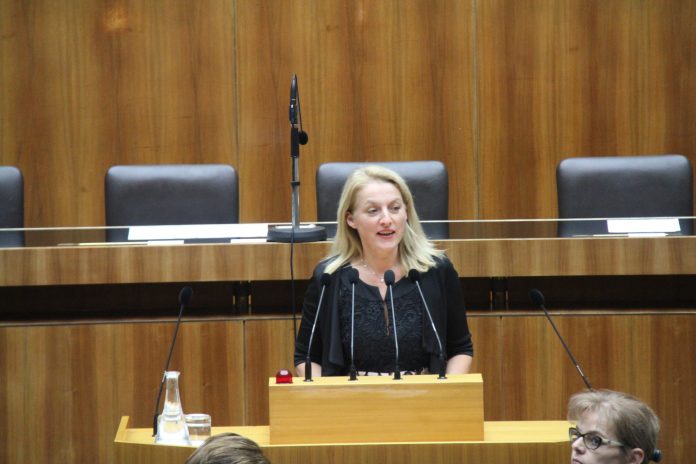MEPs from the Women’s Rights and Gender Equality Committee travelled to Reykjavik to discuss Iceland’s experience with pay transparency measures and closing the gender pay gap.
In Reykjavik on behalf of the committee were Evelyn Regner (S&D, AT), Chair of the committee and head of delegation, Frances Fitzgerald (EPP, IE), Vera Tax (S&D, NL), Kira Marie Peter-Hansen (Greens/EFA, DK) and Michiel Hoogeveen (ECR, NL). The MEPs focused on measures to close the gender pay gap and ensuring pay transparency. These issues are closely related to the Directive on Pay Transparency proposal, on which the Women’s Rights and Gender Equality Committee is working jointly with the Employment Committee, and for which Kira Peter-Hansen and Samira Rafaela are co-rapporteurs. During their visit, MEPs met with the Prime Minister of Iceland Ms Katrín Jakobsdóttir, representatives of Icelandic government authorities, members of the Icelandic Parliament, academics, and representatives of employers groups, trade unions, civil society and women’s rights organisations. MEPs received first-hand information about the application of Iceland’s equal pay certification in companies and the challenges around of gender segregation in the labour market, the undervaluation of “feminised” professions and the value of unpaid work, especially with regard to responsibilities around care and family life. At the end of the visit, Evelyn Regner, said: “Here in Iceland, underlying legislation, politics and their institutions is the principle of equality of all human beings regardless of their gender or other characteristics. As we draft our report on the Pay Transparency Directive, our committee is happy to study best practices from the Icelandic experience implementing legal measures at the state level, and pushing for equal pay for equal work or work of equal value. Iceland is a like-minded partner of the EU and a frontrunner in gender equality from whom Europeans should take inspiration.”
Iceland was the first country in the world to introduce a labour policy that requires companies and institutions with more than 25 employees to prove that they pay men and women equally for a job of equal value through an evaluation tool. Since the introduction of this measure in 2018 more than 300 companies and institutions have been granted an Equal Pay Certification.

